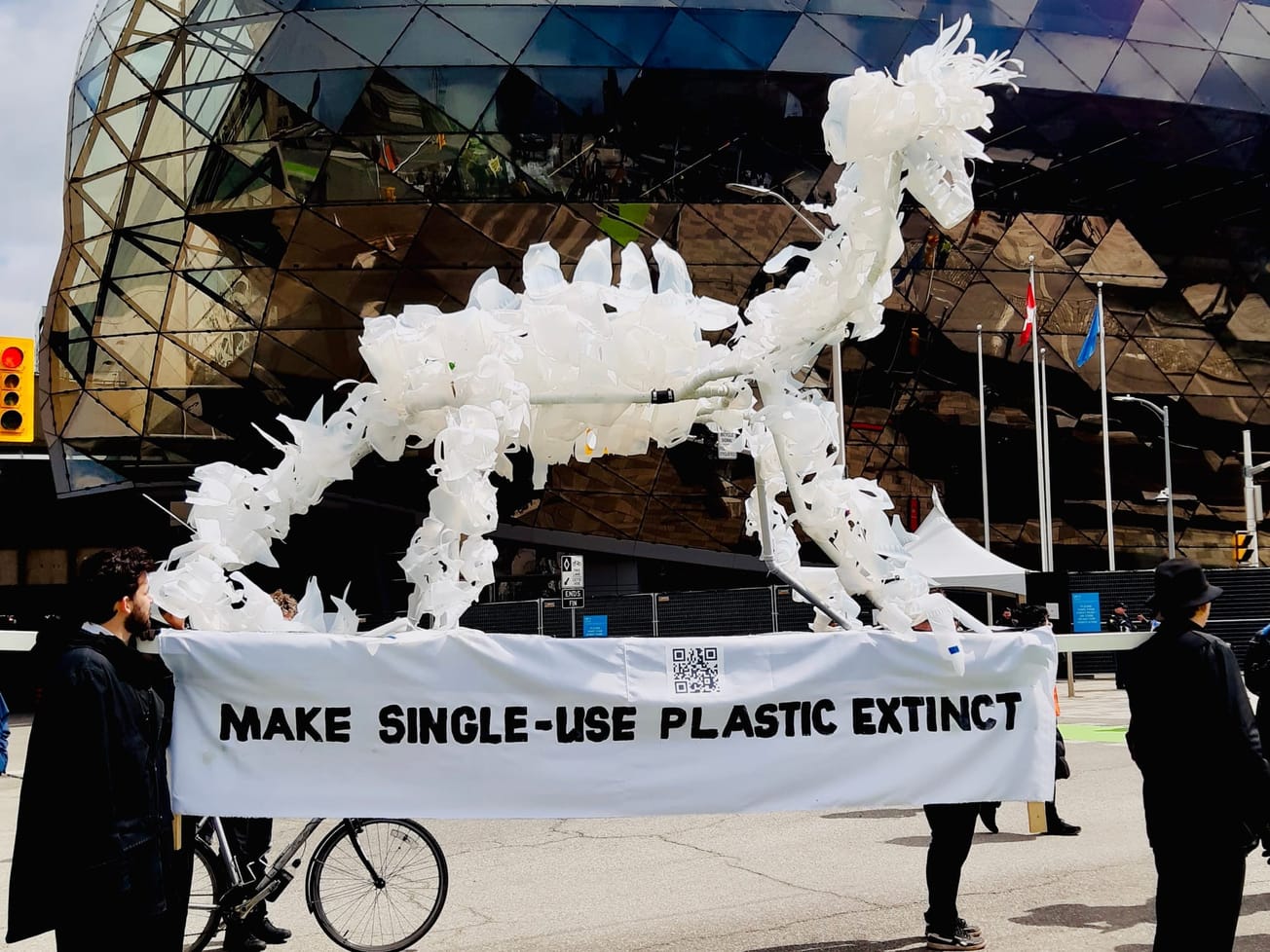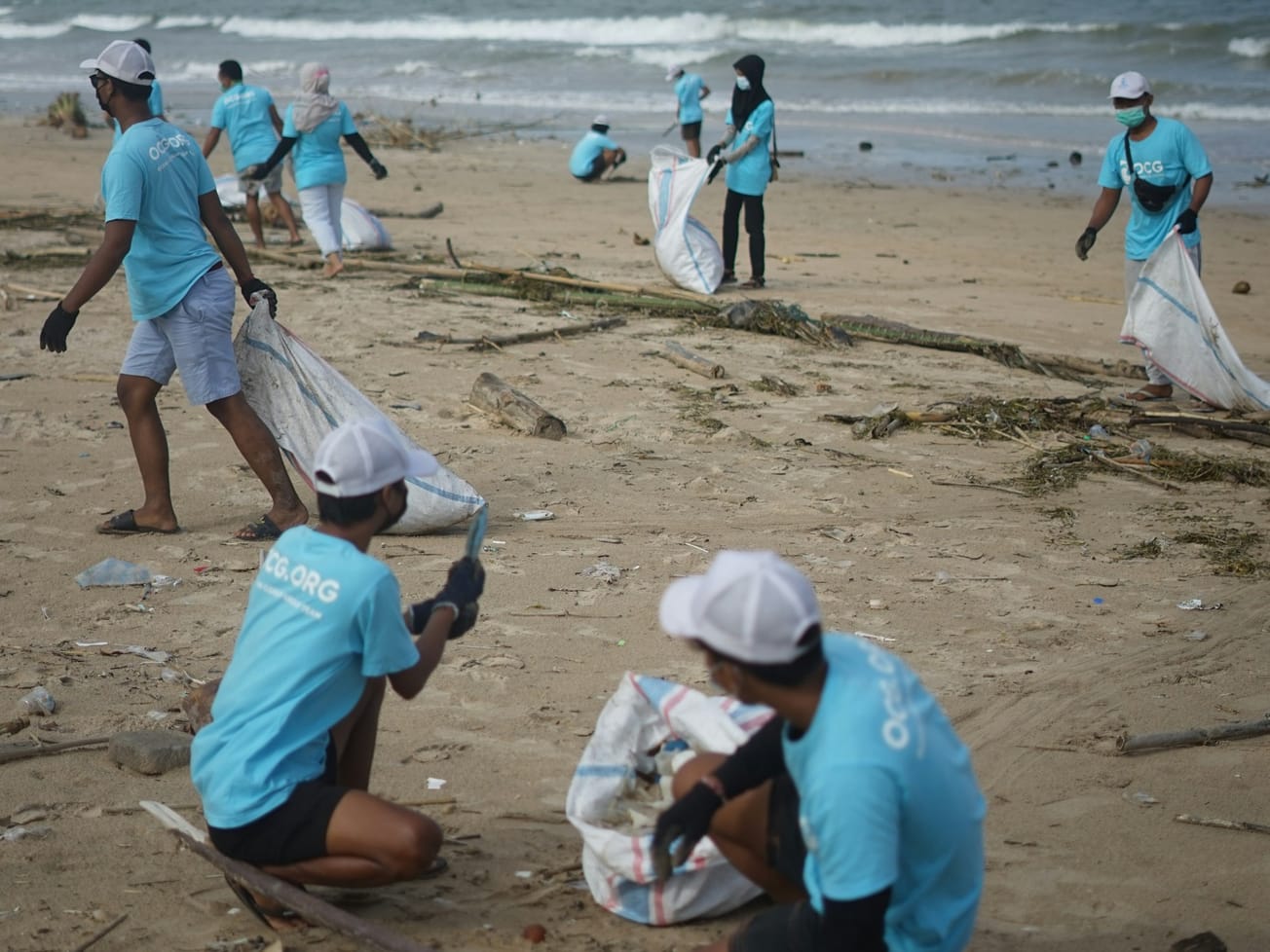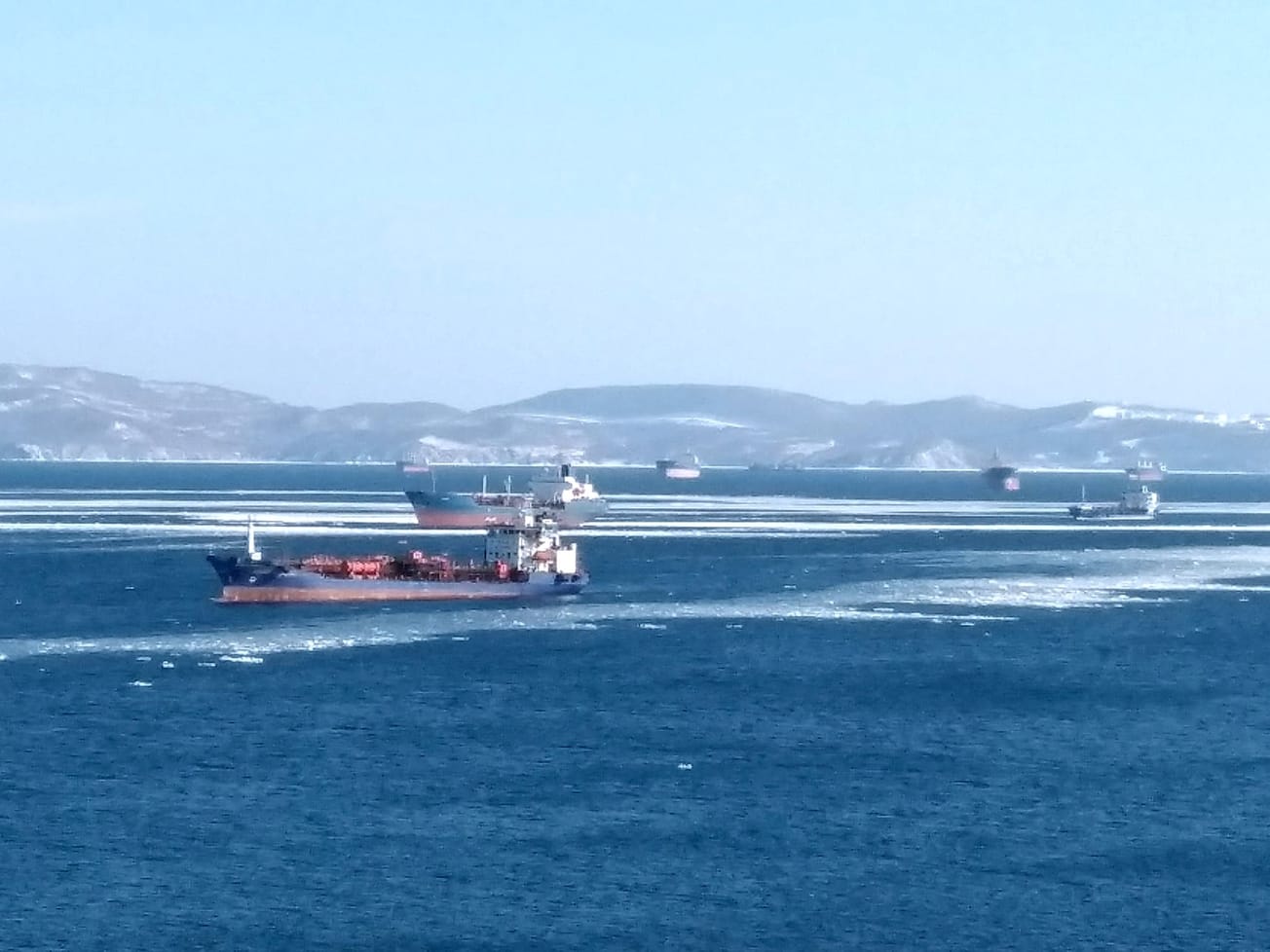GENEVA — Between the third round of talks toward a Global Plastics Treaty in Nairobi earlier this month and the COP28 climate talks that are kicking off this week in Dubai, the future health of our planet is strongly at risk of being hijacked by a powerful but minority lobby of Big Oil interests.
But it's not over yet. The final two rounds of stalemated talks on the plastics treaty will be hosted by Canada in April and by South Korea in November. The 193-nation U.N. General Assembly called for negotiators to craft a legally binding instrument by the end of 2024 that deals with the full life cycle of plastics. A diplomatic conference is expected to be held in 2025 for U.N. member nations to adopt the instrument and open it for signature.
"Every day, the equivalent of over 2000 garbage trucks full of plastic is dumped into our oceans, rivers, and lakes. The consequences are catastrophic," U.N. Secretary-General Antonio Guterres observed. "Plastic is made from fossil fuels – the more plastic we produce, the more fossil fuel we burn, and the worse we make the climate crisis."
"Last year, the global community began negotiating a legally binding agreement to end plastic pollution. This is a promising first step, but we need all hands-on deck," he said. "We must work as one – governments, companies, and consumers alike – to break our addiction to plastics, champion zero waste, and build a truly circular economy."
Trade has always been part of human activity, but as our natural world becomes subsumed with plastic waste it becomes increasingly obvious that bank notes are not edible. And as the French economist and researcher Timothée Parrique described in his book about the pursuit of growth, Slow Down or Perish. The Economics of Degrowth, no one on their deathbed will regret having contributed too little to their nation's GDP.
Prior to the round of talks hosted by Kenya, the second round of negotiations over the Global Plastics Treaty ended in Paris last June on a hopeful note: Nations gave a mandate to the secretariat of the Intergovernmental Negotiating Committee to prepare a "zero draft." Once that was done, the INC could build a first draft with more substance.
Executives in the plastics industry gathered ahead of the talks in Paris, where they met with government delegates to discuss "pathways to addressing plastic waste in the environment, unleashing innovation, and driving circularity," according to the World Plastics Council industry group.
It said the meeting's purpose was to "identify common areas of agreement and key measures for how a well-crafted agreement can accelerate industry and government efforts to address the global challenge of plastic waste" but it made no mention of any cuts in production – a key element the INC is mandated to cover.

Keeping up the demand for fossil fuels
By the time the "INC-3" talks ended the magic of the “Spirit of Nairobi," where the impetus for a Global Plastics Treaty gained credence, had dissipated. What happened on the path to Canada?
The answer fits in one sentence: A handful of fossil fuel producing countries, petrochemical industries and lobbyists show no interest in a strong, restrictive and international legally binding instrument. 2° Celsius above pre-industrial levels. Motivated by longstanding financial interests that match their business plans, they are moving to nip it in the bud by blocking everywhere they can.
A few facts and figures set the scene. Some 98% of plastics are produced from chemicals sourced from fossil fuels. About 14% of oil production and 8% of gas production goes into making "virgin" plastics with no recycled materials, according to the International Energy Agency. As electric vehicles gain in market share – Paris-based EIA says a total of 14% of all new cars sold were electric in 2022, up from 9% in 2021 and less than 5% in 2020 – their popularity undercuts demand at the gas pump.
Some countries invested billions in brand-new plastics infrastructure, which depend on sustained demand for fossil fuels. As a result, plastics are set to drive nearly half of all the oil demand growth by mid-century, according to IEA, more even than the shipping and aviation sectors.
"The availability of cheap shale gas in the United States is fueling a massive wave of new investments in plastics infrastructure in the U.S. and abroad, with US$164 billion planned for 264 new facilities or expansion projects in the U.S. alone, and spurring further investment in Europe and beyond," the Center for International Environmental Law, or CIEL, reported.
With such huge amounts of money at stake, the Global Plastic Treaty's mandate to cut global plastic production poses a threat to business plans for virgin plastic. Moreover, the rise in fossil fuel prices since Russia's full-scale invasion of Ukraine in Feb. 2022 made plastic production more profitable.

Obstruction, deletions and delay
Norway and Rwanda chair a group of more than 60 countries and the European Union that have formed a "high-ambition" coalition" pushing for a legally binding treaty to cut global plastic production by 75% by 204o.
The coalition needs to push for this amount because a 75% cut is required to reach the 1.5° Celsius limit under the 2015 Paris Agreement, which obliges the 196 nations that signed it to hold warming to no more than 2° above pre-industrial levels, according to CIEL's analysis.
They're up against deep-rooted interests in a group of oil and gas producing nations that includes China, Russia, Saudi Arabia and the U.S. – and, notably, the United Arab Emirates, host to the COP28 talks.
Among the 1,700 delegates to INC-2 in Paris, 104 attendees were registered fossil fuel and chemical-affiliated lobbyists, CIEL said. The 1,900 delegates to INC-3 in Nairobi including 143 industry-affiliated attendees, marking a 36% increase, it said. In addition, industry lobbyists have been accused of subverting registration, filling seats meant for NGOs and others.
Environmental campaigners said they worried about whether the high ambition coalition pushed back hard enough against industry, which also has paid for scientific research to rationalize its demands. Some delegations, notably Russia, routinely obstructed progress and undercut independent science. Their tactics included lengthy statements, rules of procedure and demands to delete core treaty obligations. Negotiations reached a crisis point on the last day.
At Nairobi, Russia issued statements attemping to eliminate treaty bans on plastic toxins. "The general position of the Russian Federation is that substances of concern, posing threat to environment and human health, shall not be part of the future Instrument, because they are already regulated by the BRS Conventions," it wrote, referring to the legally binding Basel, Rotterdam and Stockholm Conventions.
Russia also "does not support establishing any alternative mechanisms on chemicals under the future Instrument," it added. "Therefore, we support the 'zero option' – dropping that article from the text." Those three conventions, however, aim to limit the movement of toxic chemicals, pollutants and wastes among nations, particularly persistent organic pollutants, not to control global plastic pollution or production.

Canada to take up draft that has more than tripled in size
Why all the drama? Industry groups such as the International Council of Chemical Associations have said they primarily want to prevent more pollution through recycling, not production cuts. A Saudi delegate told the talks that "to achieve the 1.5°, we must ensure there is no limiting of producing and using plastic." But environmentalists – and the U.N. General Assembly – demand production cuts.
Looking ahead to Ottawa in April, delegate will re-open the now more than 100-page “revised zero draft,” an elongation of the previous 32 pages. The rules of procedure are certain to be a hot topic again.
The "high ambition" coalition favors straightforward voting. Another group of "like-minded" nations seeks consensus, which is more difficult to achieve, and the use of national action plans – the two ingredients that often impede climate talks.
"Plastics is the fossil fuel industry's Plan B," Judith Enck, the founder and president of Beyond Plastics, wrote in the foreward to her advocacy group's report. "Plastic production is the last gasp of the fossil fuel industry."









